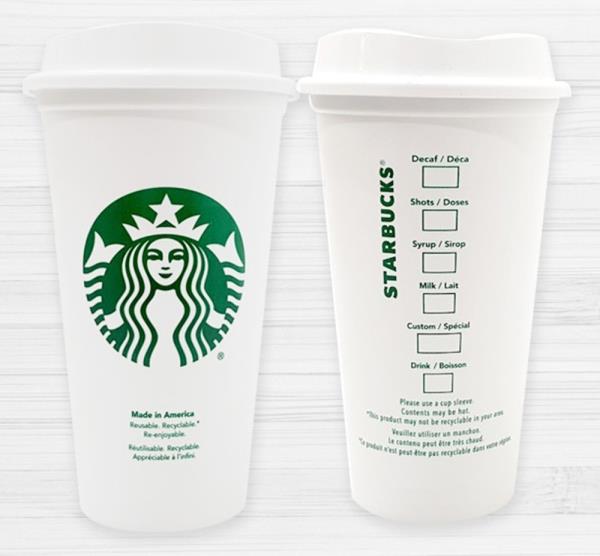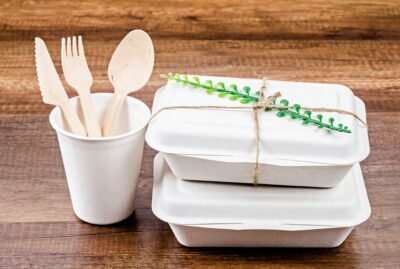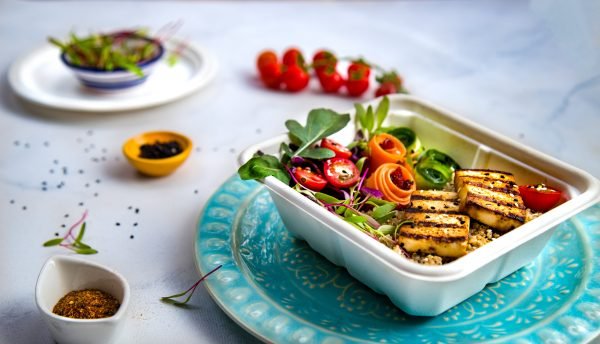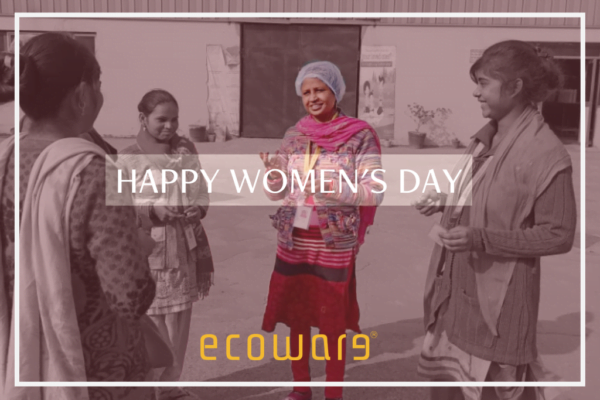[vc_row type=”in_container” full_screen_row_position=”middle” column_margin=”default” column_direction=”default” column_direction_tablet=”default” column_direction_phone=”default” scene_position=”center” text_color=”dark” text_align=”left” row_border_radius=”none” row_border_radius_applies=”bg” overlay_strength=”0.3″ gradient_direction=”left_to_right” shape_divider_position=”bottom” bg_image_animation=”none”][vc_column column_padding=”no-extra-padding” column_padding_tablet=”inherit” column_padding_phone=”inherit” column_padding_position=”all” background_color_opacity=”1″ background_hover_color_opacity=”1″ column_shadow=”none” column_border_radius=”none” column_link_target=”_self” gradient_direction=”left_to_right” overlay_strength=”0.3″ width=”1/1″ tablet_width_inherit=”default” tablet_text_alignment=”default” phone_text_alignment=”default” column_border_width=”none” column_border_style=”solid” bg_image_animation=”none”][vc_column_text]
From recycling waste to switching to eco-friendly options, we all try to help the planet by doing our bit. But are these efforts as helpful as you might think? Discover this in this article.
With Hurricane Dorian wreaking havoc on the Bahamas to floods eliminating more than 100 villages in Assam, the media is full of heartbreaking news. From European heatwave to northern wildfires, climate change has taken a toll on our planet. Human activity is responsible for polluting the oceans, deforestation of lands, and the mass extinction of one-sixth of insects on earth.
Plenty of measures have been taken into account to save our dying environment. From reducing plastic waste to walking or riding a bicycle, various suggestions will fill you up on how to go green. But are they environment-friendly? Because what seems eco-friendly on the surface can be more harmful to nature, than you would have expected.
Here are 9 things that may not be as green as they seem. Check them out:
Bamboo Fabric
When you hear something about fabrics that are curate from renewable sources like plant cellulose, you may think you are buying eco-friendly clothes. But a material made from bamboo can be much more of a couture fabric than a green one. Bamboo may win your hearts as it requires no fertilizers or pesticides and is quickly renewable.
But the process of transforming it into textiles can be energy intensive. It involves carbon disulfide as well as other caustic solvents, which is followed by a complex bleaching process too.

Going all ‘Vegetarian’
Sticking to a vegetarian diet is healthy for your over-all well being. But thinking that it will help to reduce your carbon foot-print is nothing more than a myth. According to a research by Carnegie Mellon University, “a diet that includes more fruits and vegetables but less or no meat, exacts a greater environmental toll as it increases energy use by 38 percent”.
Well, nothing can be better than switching to a ‘plant-based diet,’ but vegetarianism is not entirely a one-stop-shop for turning eco-friendly.
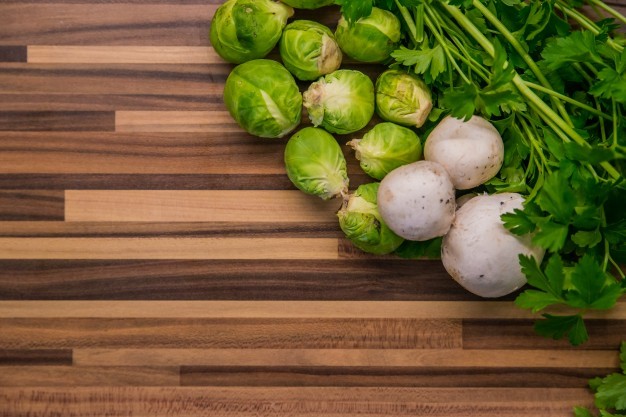
Recycling Plastic Waste Without Researching
Recycling helps reduce plastic pollution. According to statistics, there are over 50 types of plastics, and recycling them is more complicated. Because we are not better to equip for it, yet, a lot of plastic that we use is contaminated and can`t be recycled. So, it is more eco-friendly to avoid plastic altogether, instead of recycling it. Opt for items that come in reusable, compostable, biodegradable, or easily-recyclable packaging.

Avoiding Single Servings
Food wastage is one of the major contributors when it comes to global warming. It takes energy and resources to produce, it and leaving it uneaten represents a waste. Buying food items in bulk can be an eco-friendly step. But, this works if it is all going to be eat, else it will be a waste.

Using Biodegradable Tableware
You might have replaced all plastic disposables with biodegradable tableware to go green. But are they completely eco-friendly? Many companies tag their products as compostable because they can be compostable under special industrial conditions. Not all tableware is entirely sustainable. Switch to products made from natural resources like sugarcane pulp, corn starch, and rice husk. They can be composted at home, naturally.
Driving a Hybrid Car
Producing a hybrid car that does not consume conventional fuel from scratch involves a lot of environmental damage. But according to a study, it all balances out in the end as using a hybrid car for years can help to reduce the carbon footprint.

Using Reusable ‘Totes’
While avoiding plastic bags can be an eco-friendly step, using reusable totes or cloth bags has its costs. A tote or a cloth bag has a high environmental value to make. Plastic bags use fewer resources but are hard to recycle, and so they end up clogging oceans and landfills. So, if you are switching to tote bags, make them a part of your everyday shop.

Carrying Aluminum Bottle
Sipping water from a reusable aluminum bottle is certainly greener, but that does not mean it is eco-friendly too. Reusable water bottles also leave behind a carbon footprint, which is damaging to the environment. How? Processing a ton of aluminum creates 10 folds of CO2 than produced by a ton of steel. Hence, carry a glass or a steel bottle.
Using Green Cleaners
Home cleaners that claim to be green are not entirely eco-friendly. These so-called green items do not have to meet any industry standards. So, they can be as harmful as any chemically treated home cleaner.

The concept of being eco-friendly is vast and subjective. Even the greenest option can have an impact on an environment. But that doesn`t mean you shouldn`t go green! We all should strive to bring ecological changes to our lifestyle that will be better for the environment.
Are you still looking for green tips? Why not start from your own home? Get biodegradable tableware for your kitchen from www.ecoware.in. It is 100% compostable and safe for kids and adults too.
[/vc_column_text][/vc_column][/vc_row]


